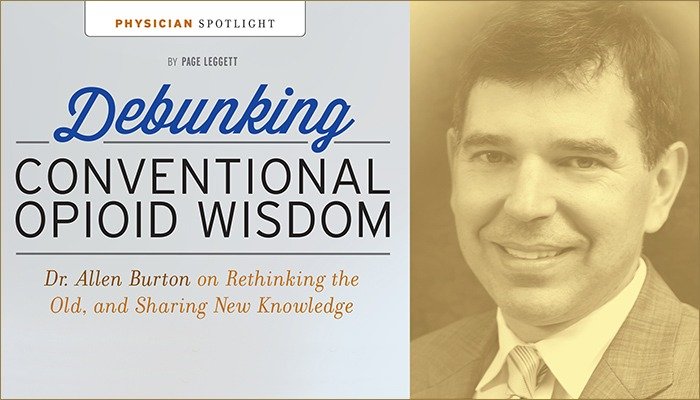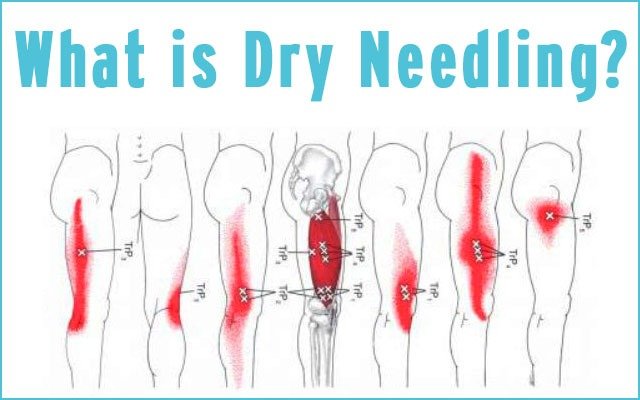Partners in Healing

Not long ago, I received a phone call from a new doctor who came to me on referral. My husband often jokes that, for my doctors, accepting a referral to be a part of my medical team is not really a bonus! But this nice woman physician was one of those lucky (or unlucky) enough to get an opportunity to participate in my care. Think about what it means for a doctor to be new to the medical team for someone like me—or any other patient with lupus or another complex chronic illness. So much is required simply to get up to speed with a patient who has a voluminous medical history. It isn’t as simple as providing care to someone walking in with the occasional cold or sore throat. Patients with chronic health conditions have volumes and volumes of history stored all over the city where they have most often received treatment and often, as in my case, in other cities where I have traveled for second opinions and to see specialists. I can’t begin to tell you the volume of medical history that is filed away in warehouses with my name on it. So, needless to say, getting a new doctor up to speed is not a quick and easy process.
Nevertheless, the occasion does arrive when a new doctor (or two) must be seen and off I go to meet them. This is always interesting. Because I look fine on the outside, no clues are given to the nasty little secrets that lie inside this sixty year old body. It isn’t until we begin to review my medical history that it dawns on the new doctor that my case might be a bit more challenging than initially anticipated. I might add that I find it depressing to go through my history with new doctors. I’ve mentioned before that I do not like to dwell on my disease. Going back through my history forces me to look at the whole picture and reexamine all I’ve been through. It is also difficult because frequently, even after this lengthy historical review, the doctor has no answers and nothing new to add or offer.
So, bearing all of this in mind, you can imagine my delight when the nice new doctor called me at home to discuss the results of the tests she had run and began our discussion by saying, “Cindy, I’m going to hang in there with you until we get some answers. I will not give up on you.” This was incredibly reassuring. As we talked, I told her that I want to be partners with my physician in my healing. She brings her medical expertise to the table and I bring my patient experience. I believe this combination of expertise and experience has the potential to produce the positive results I’m looking for. As patients, we bring a great deal of firsthand experience to the table. It is when this experience is heard that the greatest results are achieved for the patient.
The shift that is occurring in medicine today, from doctor-centered care to patient-centered care, may bring about better results if doctors recognize the importance of and are willing to listen to the experiential narrative patients can provide. If all doctors have the willingness to partner with patients and value the knowledge and experience we bring into the exam room, medicine will see a collaborative shift that should serve the entire system well.
About Cindy Coney: Ambassador of hope and author of The Wild Woman’s Guide to Living with Chronic Illness, Cindy Coney is a nationally acclaimed speaker, trainer, human resilience expert, and philanthropic force. Dedicated to helping both children and adults achieve optimal health and success, Cindy has taught thousands of people to move beyond coping with limitations to recapturing joy and fulfillment in their lives.
Diagnosed with lupus in 1980, Cindy has since driven a race car 124 miles per hour; completed the Chicago Marathon; championed countless nonprofit organizations; presented to the World Lupus Congress as a keynote speaker; and shared her inspiring, empowering story from Belize to Baltimore.
Follow Cindy’s Blog at www.cindyconey.com
PainPathways Magazine
PainPathways is the first, only and ultimate pain magazine. First published in spring 2008, PainPathways is the culmination of the vision of Richard L. Rauck, MD, to provide a shared resource for people living with and caring for others in pain. This quarterly resource not only provides in-depth information on current treatments, therapies and research studies but also connects people who live with pain, both personally and professionally.
View All By PainPathways






